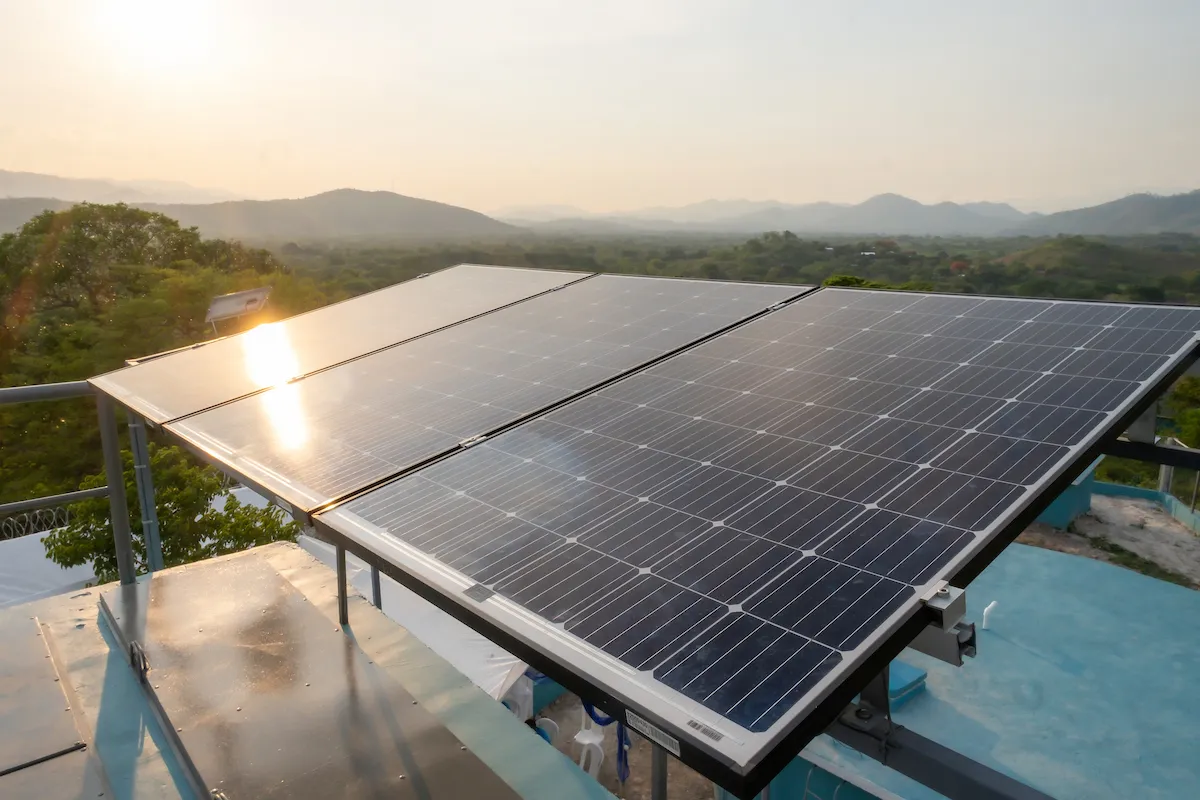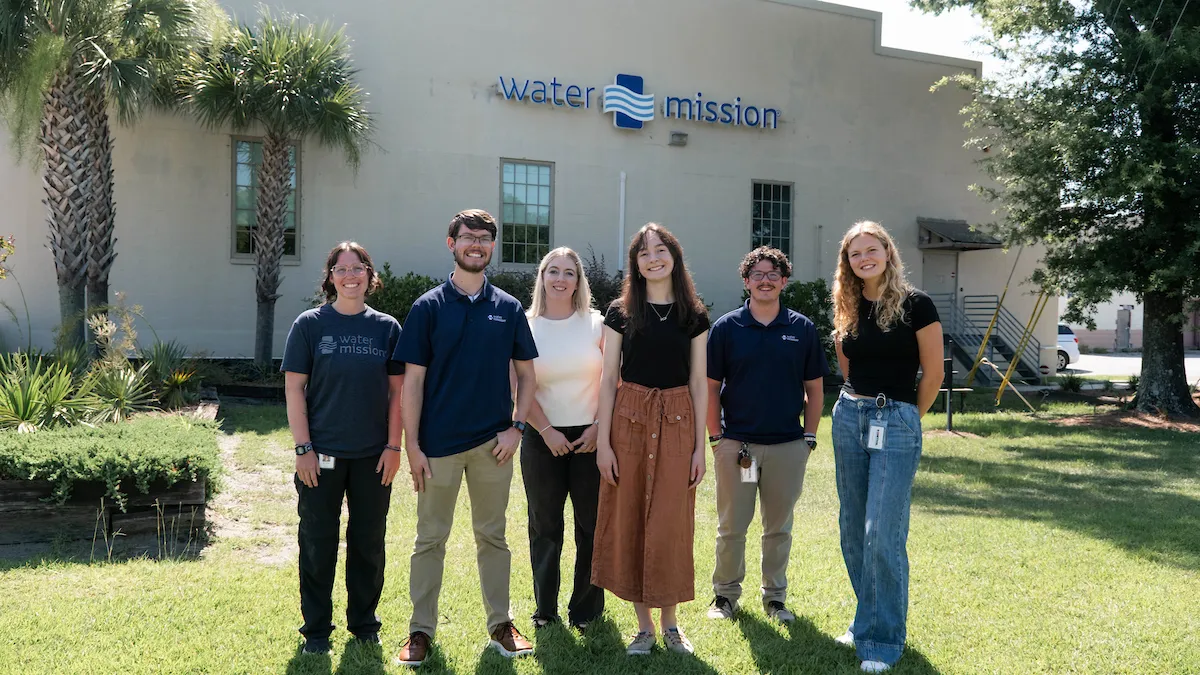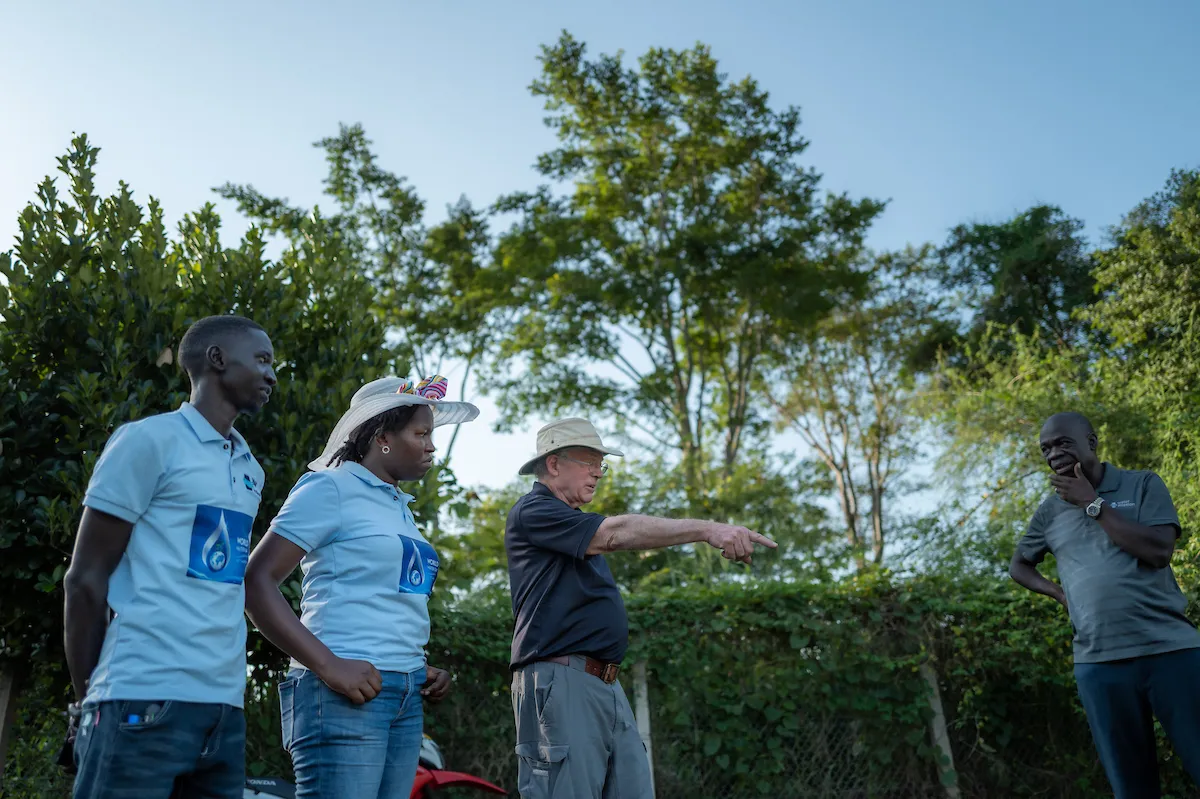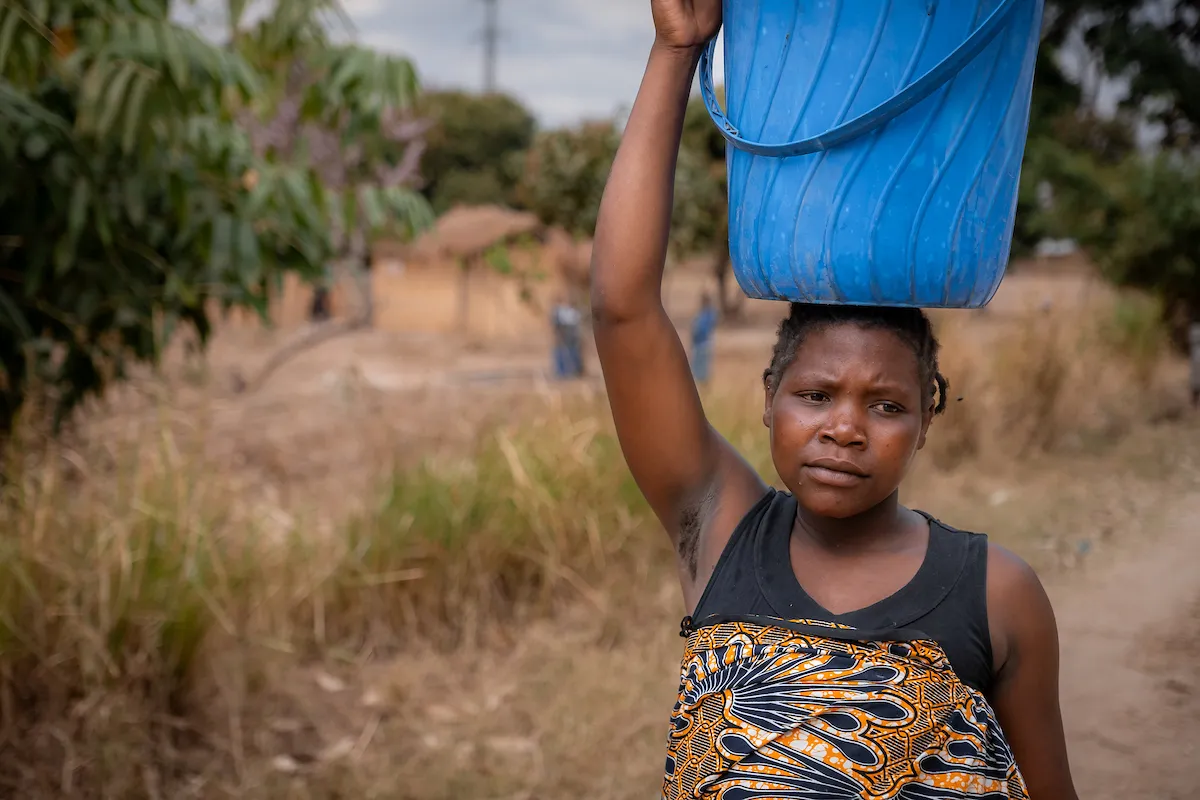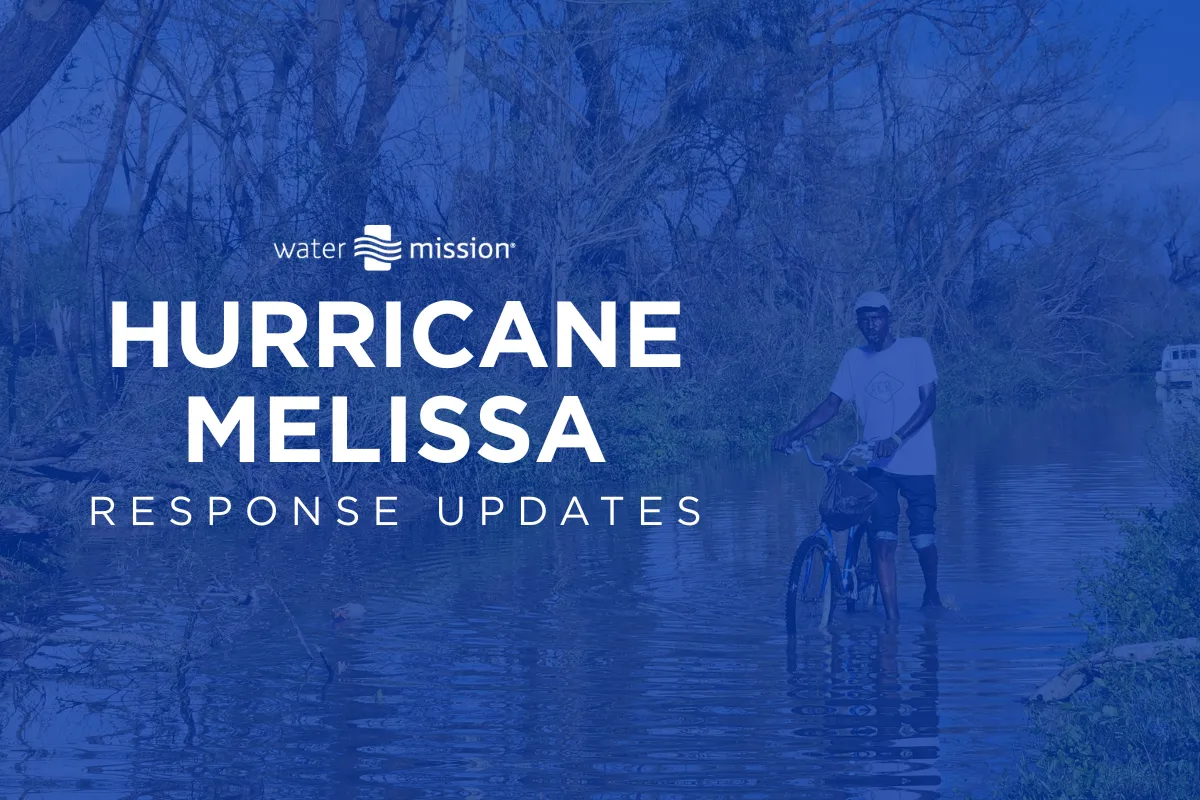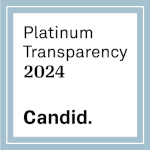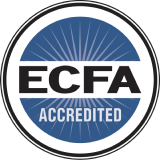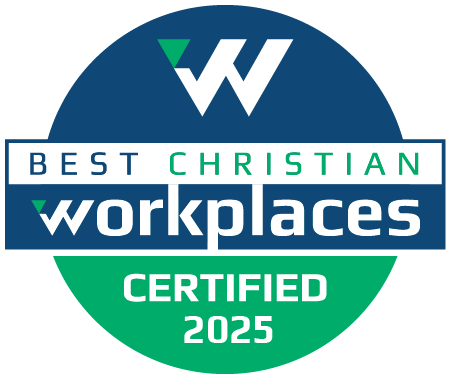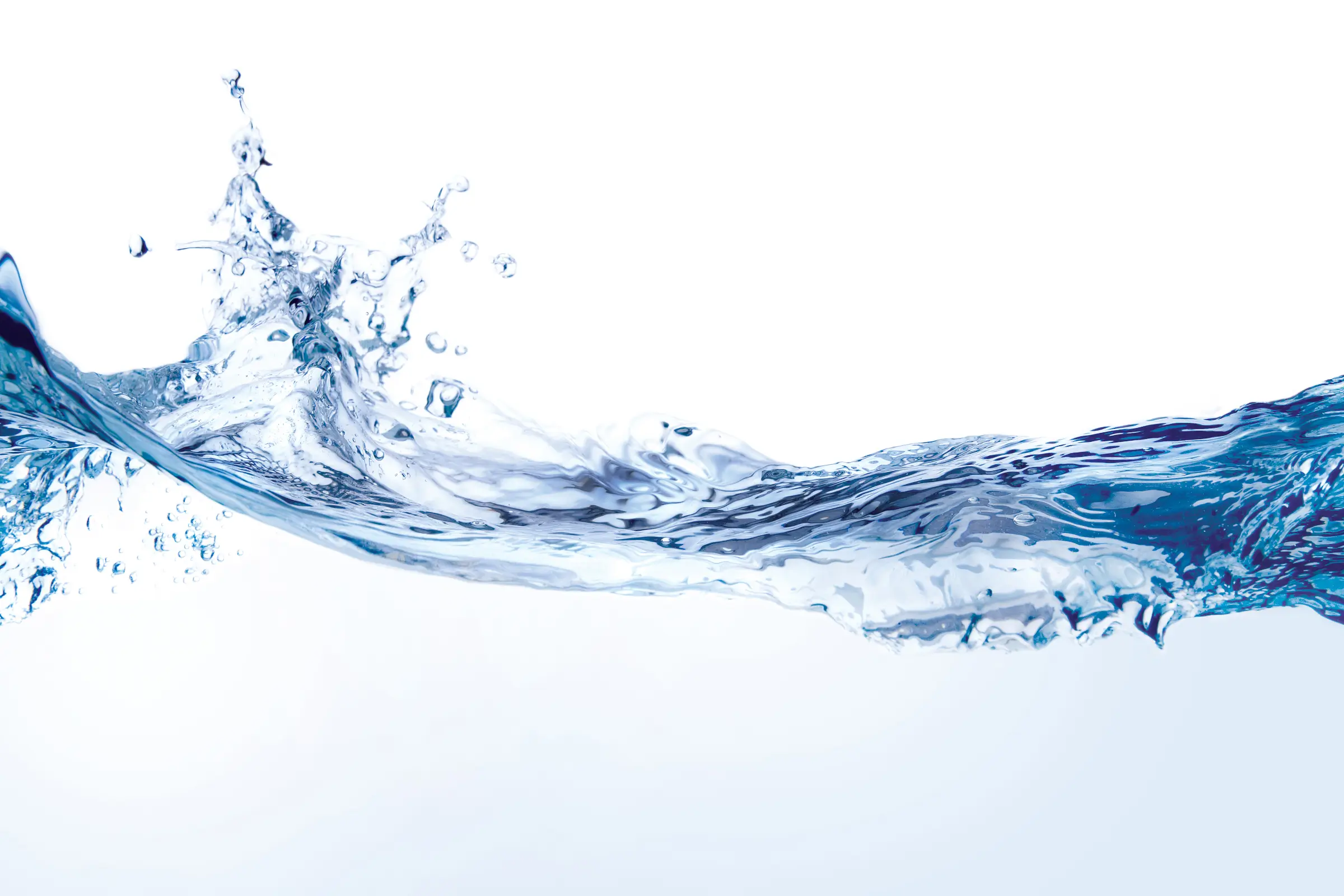Community Development Leaders Present at WEDC Conference in Ghana
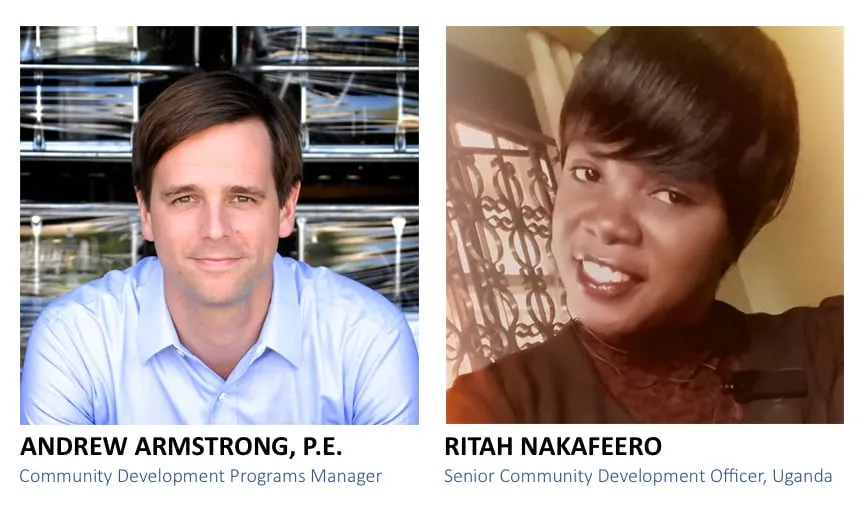
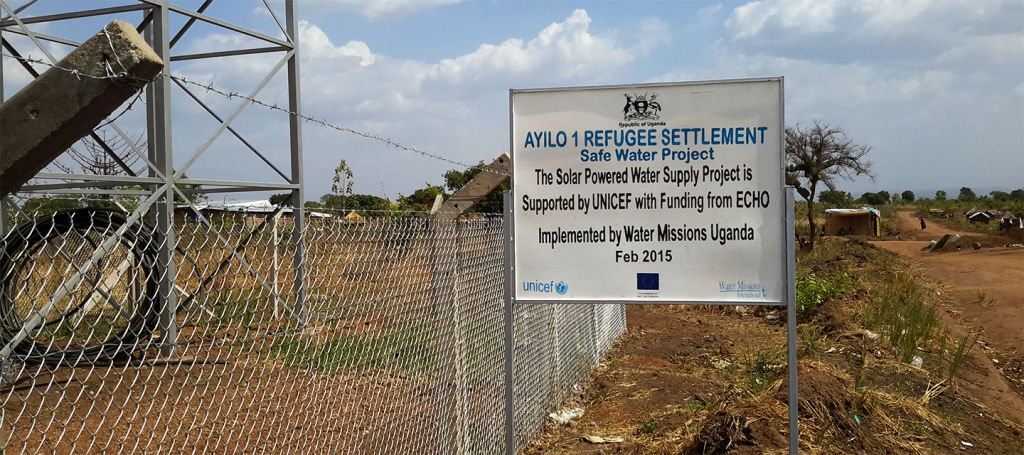
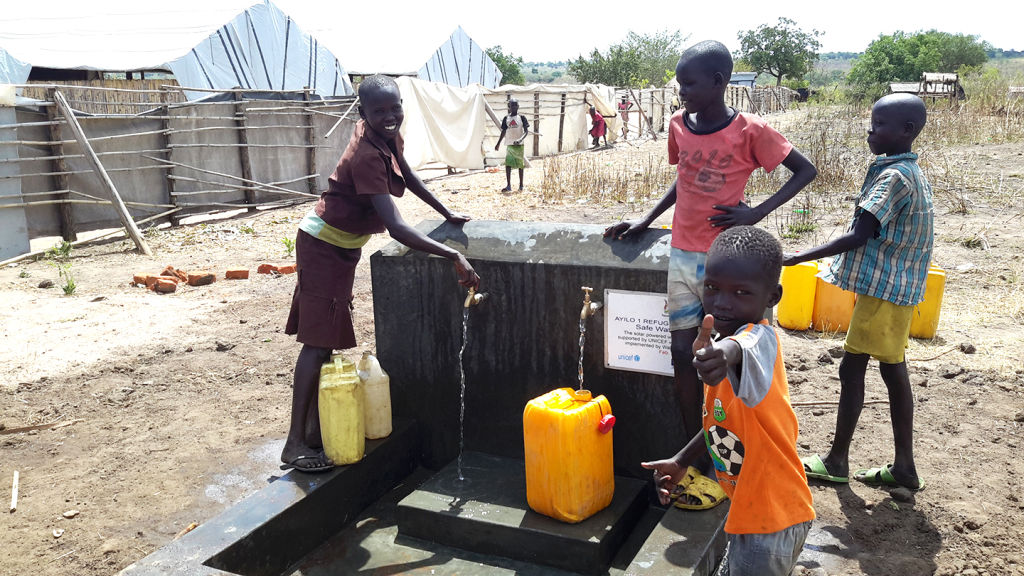 Armstrong and Nakafeero cite examples of prior Water Mission projects in UNCHR refugee camps (such as Ayilo, Uganda) that utilize solar pumping systems, explaining how the technology is a viable option, how users are willing to pay for better service, and how the systems can be “owned”, operated, and maintained in such an environment.
Their findings show:
Armstrong and Nakafeero cite examples of prior Water Mission projects in UNCHR refugee camps (such as Ayilo, Uganda) that utilize solar pumping systems, explaining how the technology is a viable option, how users are willing to pay for better service, and how the systems can be “owned”, operated, and maintained in such an environment.
Their findings show:
- Increased service level and reliability of water offered by solar pumping systems leads to increased willingness to pay on the part of refugees.
- Refugee participation in the implementation, operation, maintenance, and ongoing financial cost-recovery of solar water pumping systems has proven to be feasible and critical to generating ownership and encouraging sustainability.
- An ongoing relationship, with technical support and administrative accountability, can help refugees embrace a positive self-image, despite their former perceived vulnerabilities.
- Refugees respect and follow the lead of UN stakeholders and partners. Presenting a unified approach encourages refugees to provide financial support towards operating and maintaining solar water pumping systems.
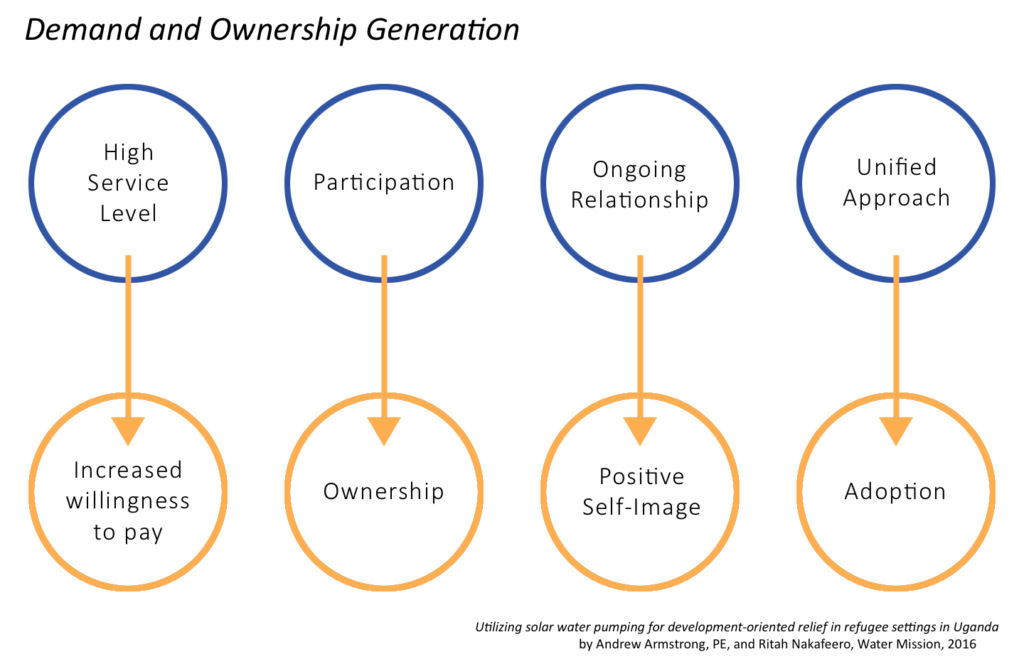 As a side event at the WEDC Conference, Water Mission is joining with Desert Research Institute, Improve International, and Whave to present “Overcoming Barriers to System-Wide Action in the WASH Sector.” In order to achieve the United Nation’s Sustainable Development Goals, an alignment is needed around “system-wide” approaches across water, sanitation, and hygiene organizations. In this side event, the barriers to adopting such “system-wide” action will be discussed as well as promising approaches for moving forward.
Additionally, Armstrong will be presenting the first paper ever published by the Accord WASH Alliance on how to best transition WASH interventions from relief to development. You can read the full paper here.
Learn more about our team’s latest publications and research on our research page.
As a side event at the WEDC Conference, Water Mission is joining with Desert Research Institute, Improve International, and Whave to present “Overcoming Barriers to System-Wide Action in the WASH Sector.” In order to achieve the United Nation’s Sustainable Development Goals, an alignment is needed around “system-wide” approaches across water, sanitation, and hygiene organizations. In this side event, the barriers to adopting such “system-wide” action will be discussed as well as promising approaches for moving forward.
Additionally, Armstrong will be presenting the first paper ever published by the Accord WASH Alliance on how to best transition WASH interventions from relief to development. You can read the full paper here.
Learn more about our team’s latest publications and research on our research page.
Related Impact Stories
